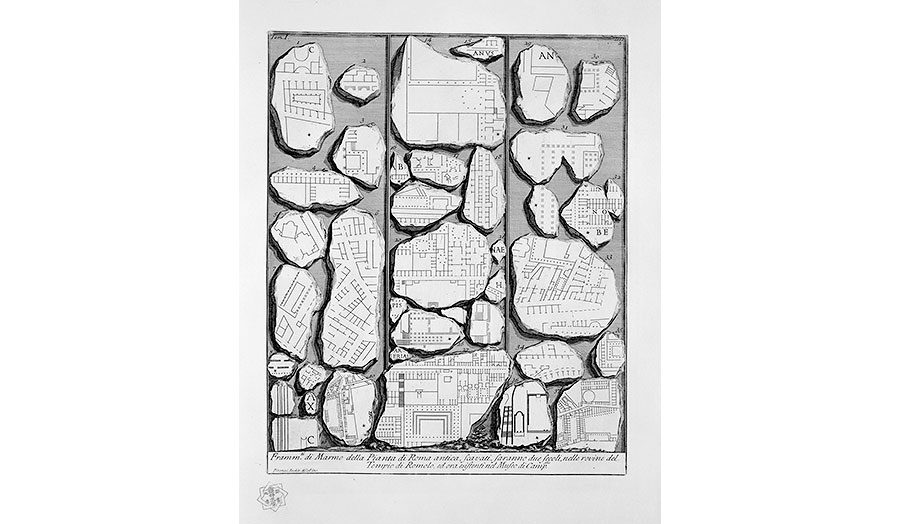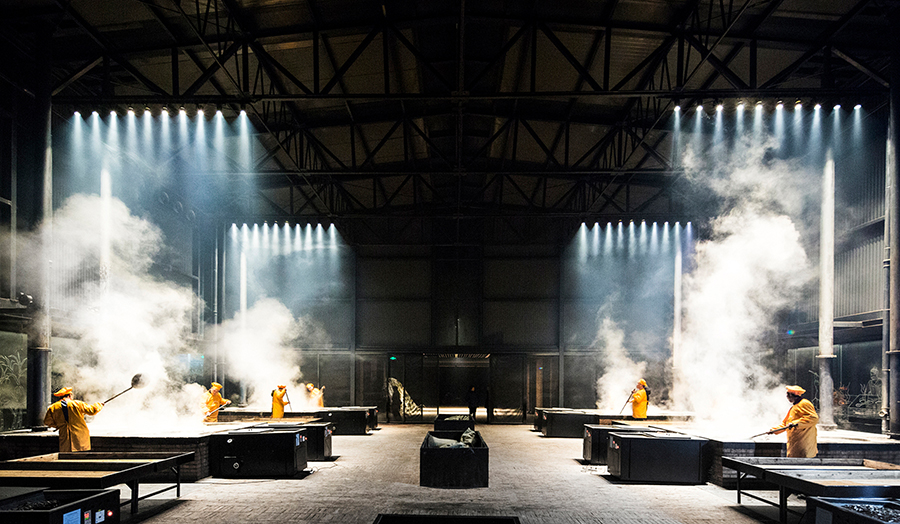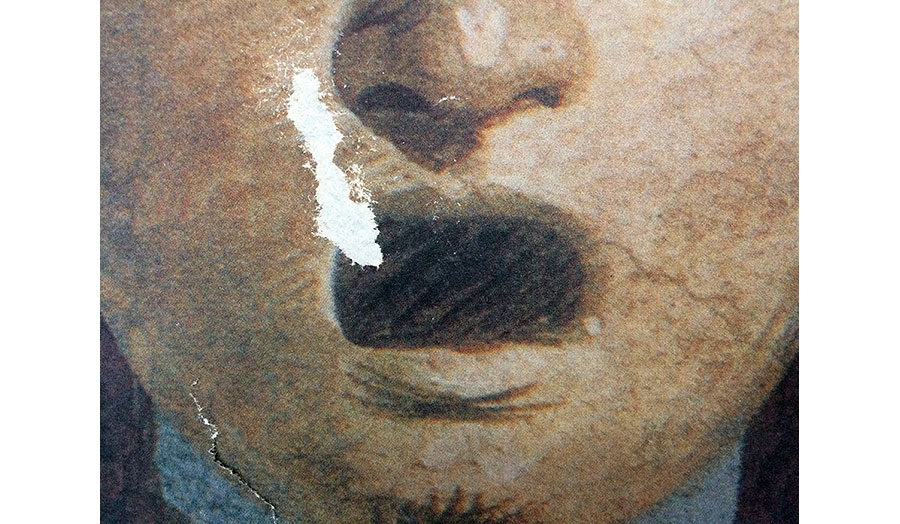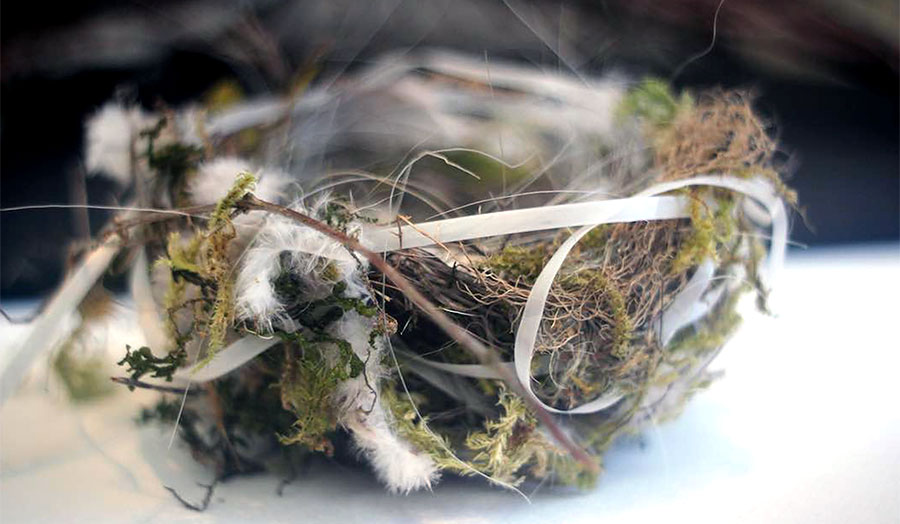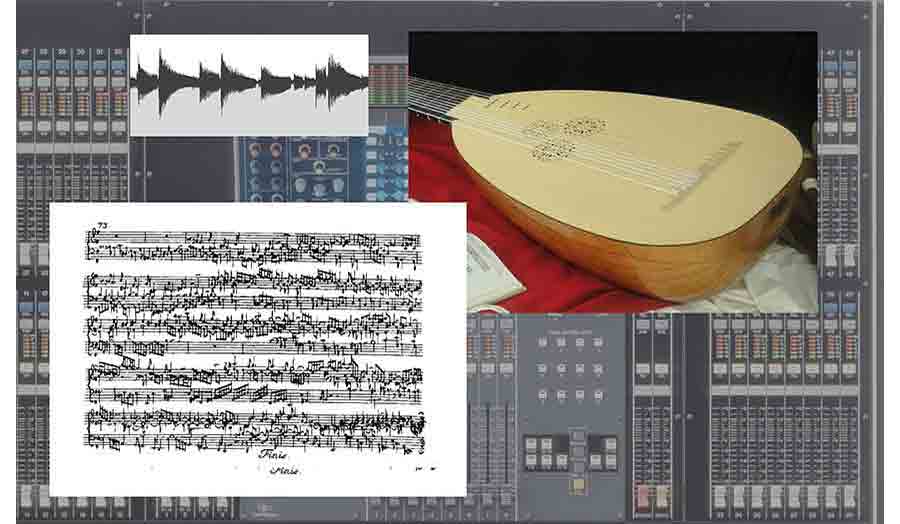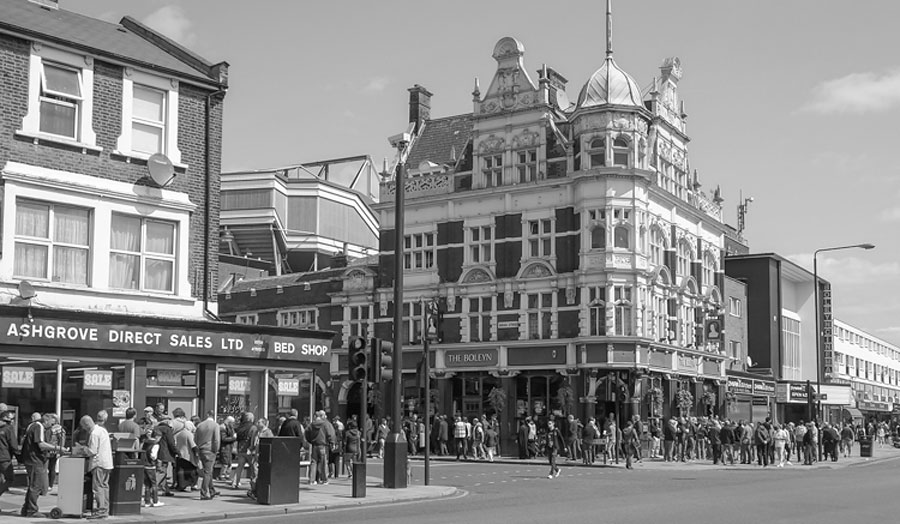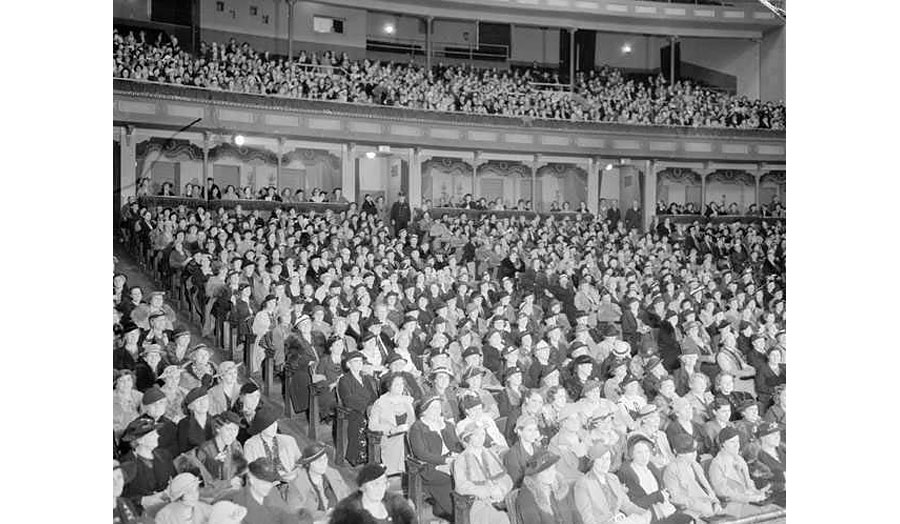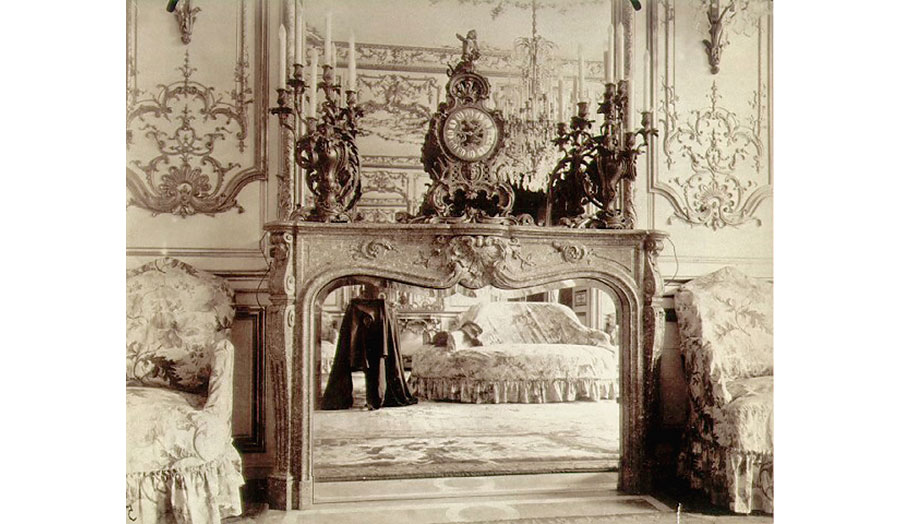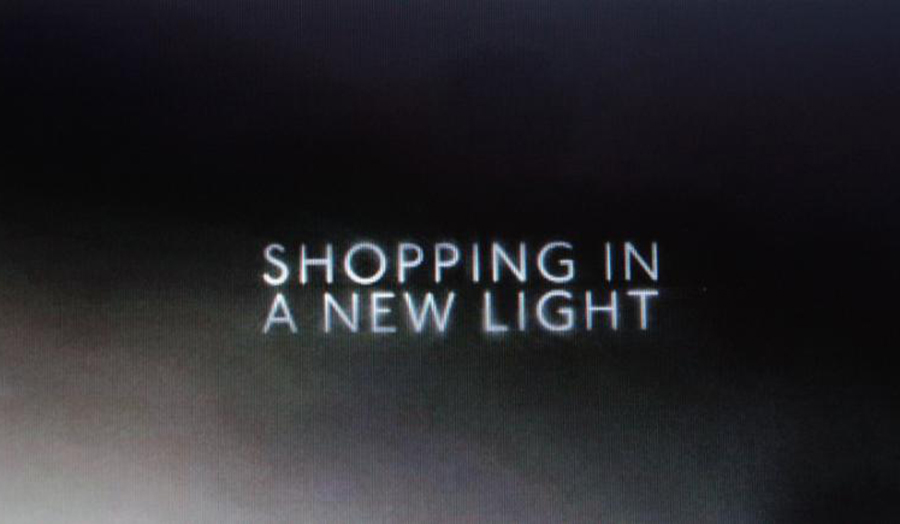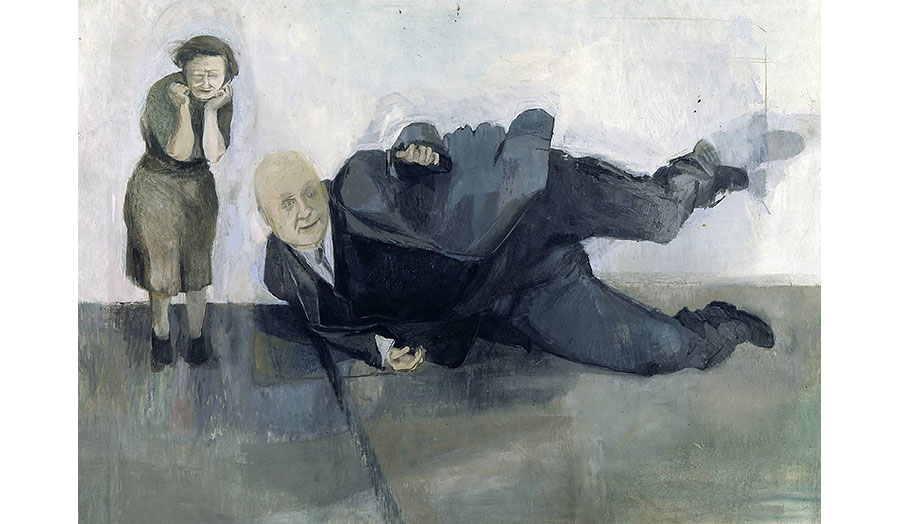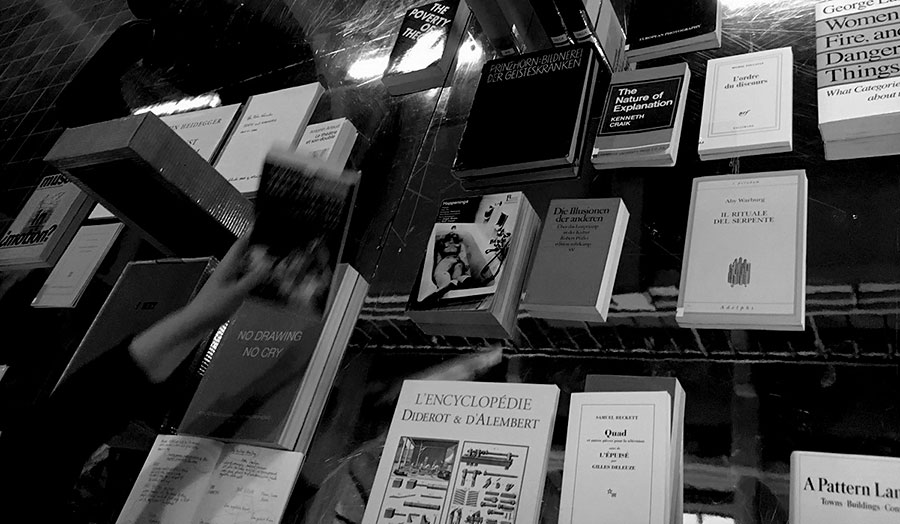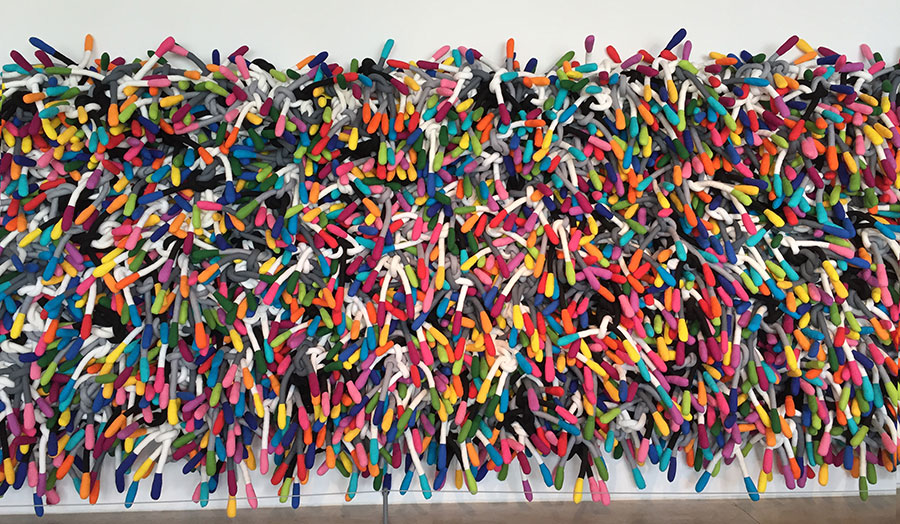Studio brief
“Modernity is now everywhere... [it] continues to 'arrive and emerge' as always in opportunist fragments accompanied by utopic rhetorics, but no longer from the West alone...” (Gaonkar, Alternative Modernities, 1999: p.1)
Much is happening in the world today that foregrounds questions pertinent to our identities in a globalised world. Simultaneously, designers are using localness as a central theme to inspire and innovate new ways of thinking about who we are and what we as consumers want to say about ourselves.
In this dissertation studio we will look at how design can propose an alternative response to historical and conceptual categories that are grounded in our view today of globalisation and modernity – these may be related to fashion and textiles but will also consider fashion and textile design as existing in an interdisciplinary space that naturally lends itself to cross-fertilisation of ideas, methods and forms of presentation. In these seven weeks we will look at some of the theories that connect globalisation and identity and how individually and collectively we are responding to them by expressing forms of localness. These new “locals” may be geographically placed or place-less in as much as they co-exist in a interconnected world. We will explore various aspects that arise from thinking about the global-local axis – including self representation, cultural identity and how fashion operates within this.
The seminars aim to encourage you to develop your final dissertation project so that it examines multiple perspectives to analyse production, consumption or distribution of emerging “alternative modernities”. We will also look at different ways in which to carry out research in these areas with a focus on qualitative methodology that uses ethnography combined with visual, textual and material culture analysis.
Week 1-7
- Week 1: Introduction – What are “alternative modernities”? What is globalisation – what is localisation?
- Week 2: What theories can we use? Seminar discussion.
- Week 3: How we craft identity through space, place and style: seminar discussion.
- Week 4: Visit TBC: designing modernities.
- Week 5: What is ethnography? Examples and discussion on qualitative approaches for research projects.
- Week 6: Group discussion: Posing a research question and structuring your proposal for your dissertation project.
- Week 7: Individual tutorial:dissertation topic and title.
Selected reading list
- Apparadurai, Arjun (1996) Modernity at Large: Cultural Dimensions of Globalization. Minneapolis: University of Minnesota Press.
- Aronczyk, M (2013) Branding the Nation: The Global Business of National Identity. Oxford, New York: Oxford University Press.
- Bhaba, Homi (1994) The Location of Culture. London: Routledge.
- Gaonkar, Dilip Parameshwar ([1999], 2002) On Alternative Modernity. In D P Gaonkar (Ed) Alternative Modernities, p1- 18 Durham, NC: Duke University Press.
- Grabski, Joanna (2009) Making Fashion in the City: A Case Study of Tailors and Designers in Dakar, Senegal. In Fashion Theory vol.13: 2 p215-242: Berg Publishing.
- Hammersley, Martyn and Atkinson, Paul (2007) Ethnography: Principles in Practice. London: Routledge.
- Lewis, Reina (2013) Hijab on the shop floor: Muslims in fashion retail in Britain. In E Tarlo and A Moors (eds.) Islamic Fashion and Anti Fashion: New Perspectives from Europe and North America. (pp.181-197) London and New York: Bloomsbury Publishing PLC.
- Ong, Aihwa (2011) Introduction: Worlding cities, or the art of being global. In A Roy and A Ong, Worlding Cities: Asian Experiments and the Art of Being Global. P1-26. Hoboken, NJ: Blackwall Publishing.
- Rantisi, NM (2011) The prospects and perils of creating a viable fashion identity. In L Skov and MR Melchoir, (eds.) Fashion Theory: The Journal of Dress, Body and Culture Vol 15: 2 (pp. 260-265) Oxford: Bloomsbury Publishing.
- Robins, K (1997) What in the world is going on. In P Du Gay (eds.) Production of Culture/Cultures of Production. (pp11-47) Milton Keynes: The Open University.
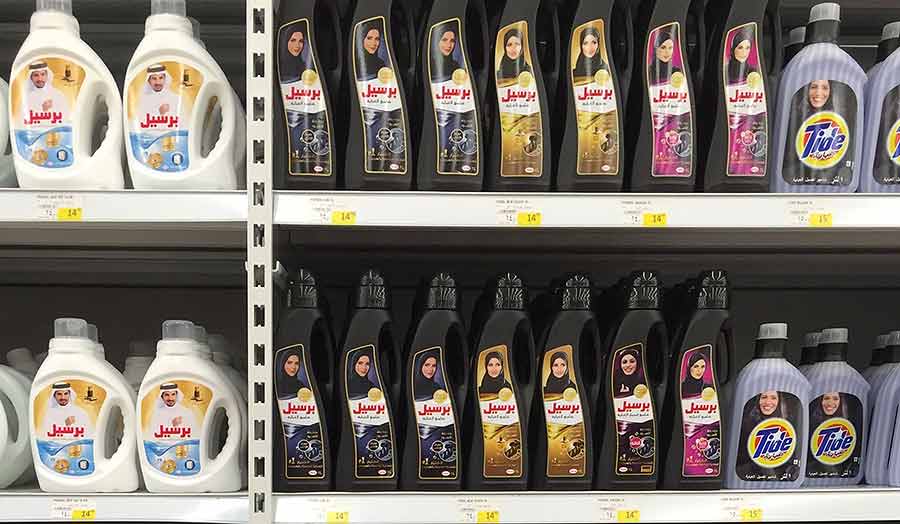
Details
| Tutor | Lezley George |
|---|

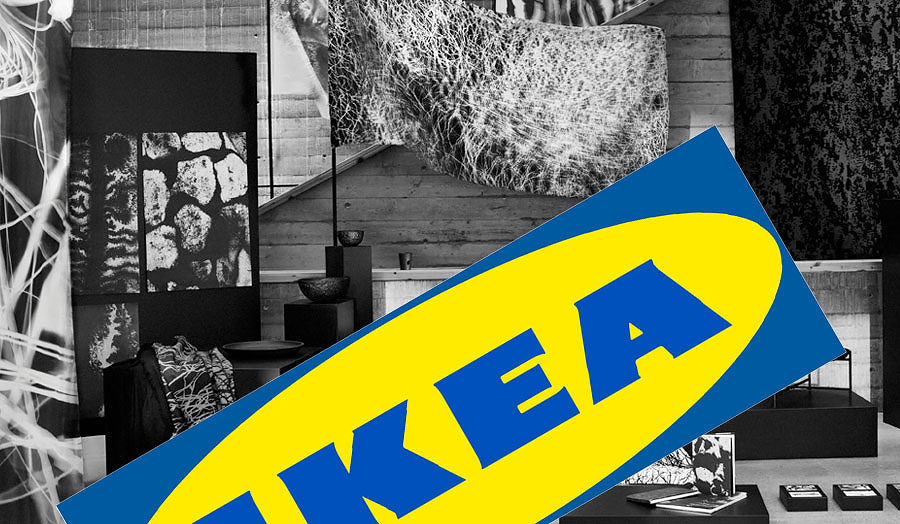
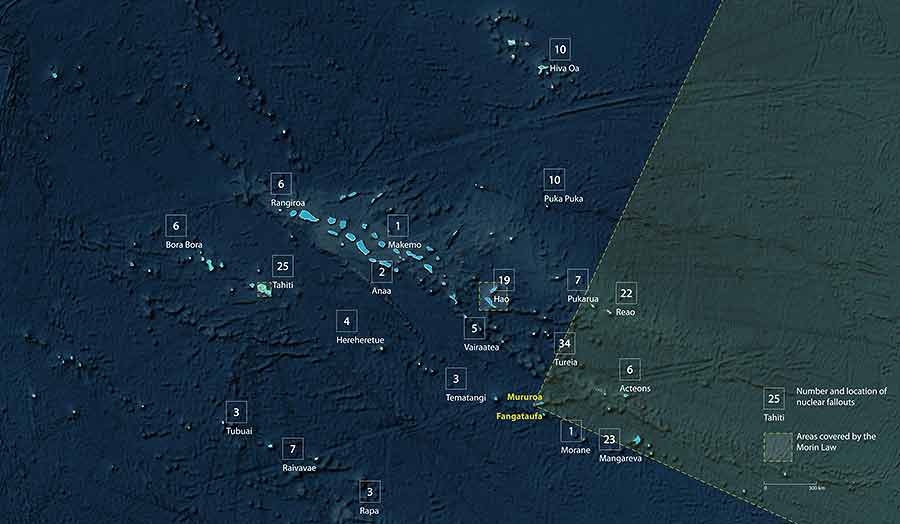
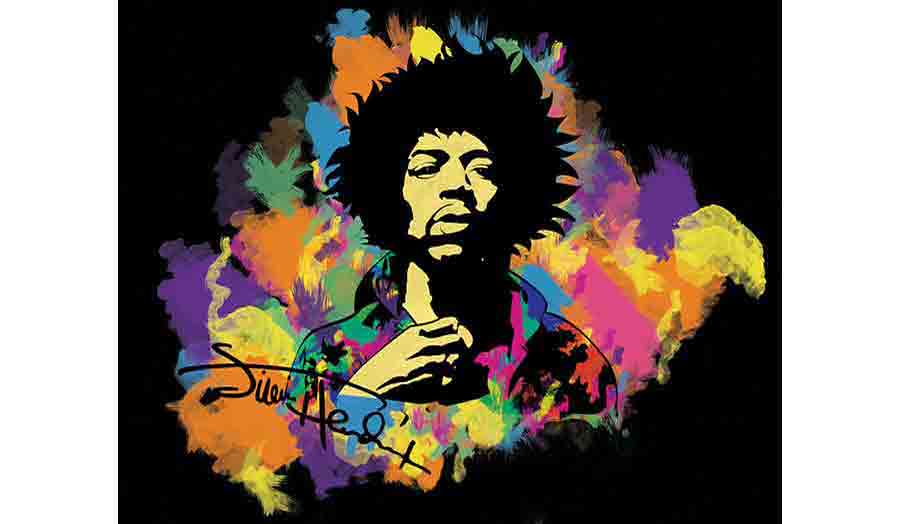
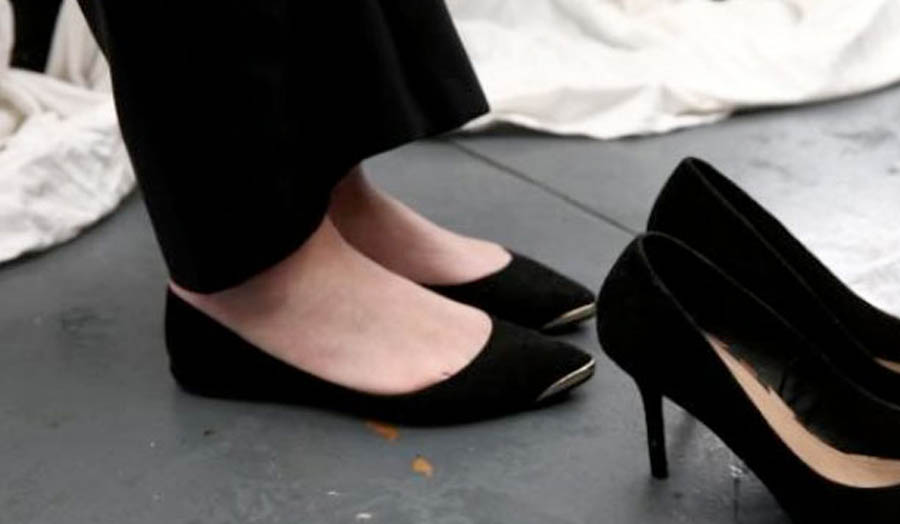
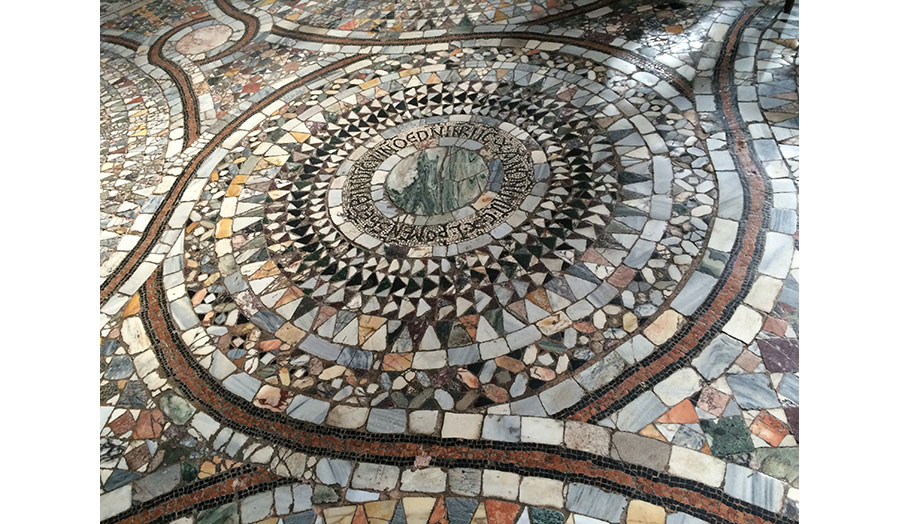
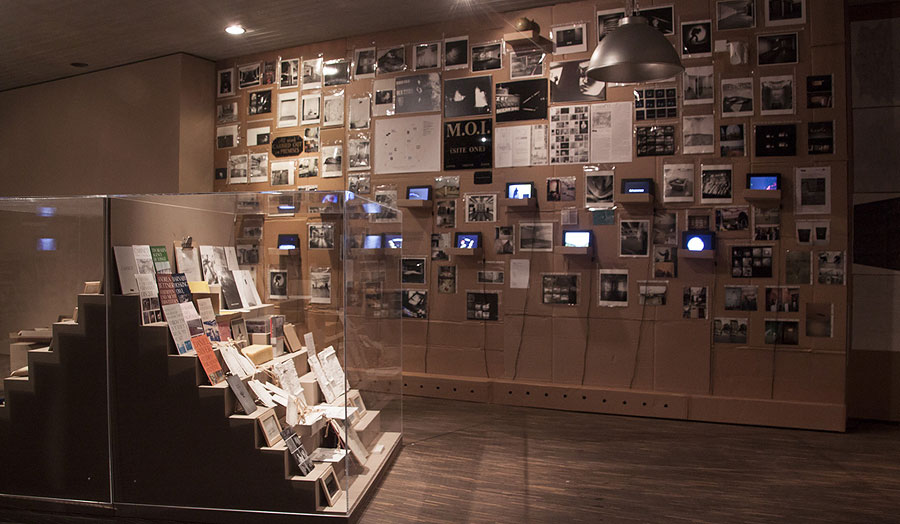
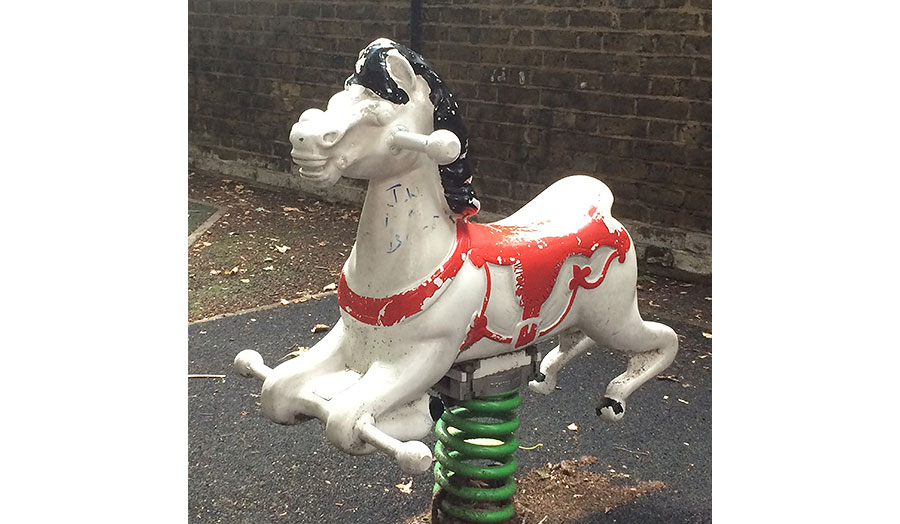
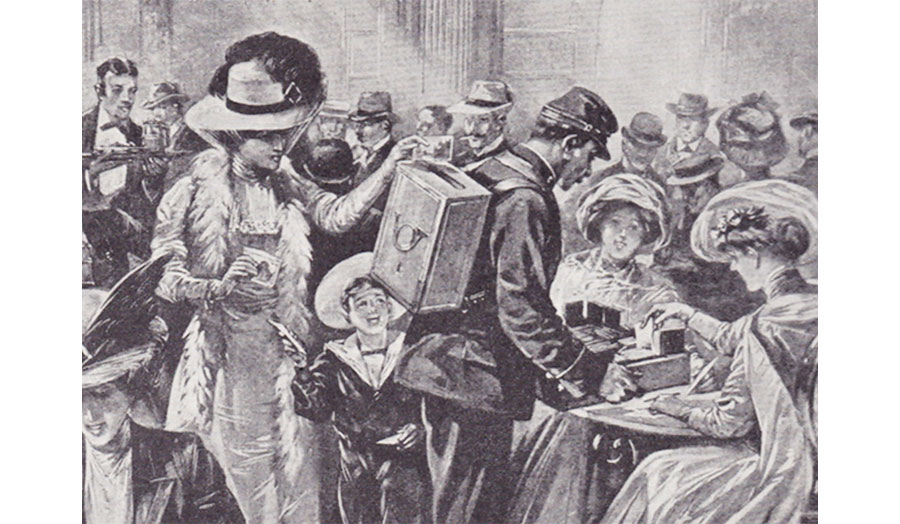
-(1).jpg)
